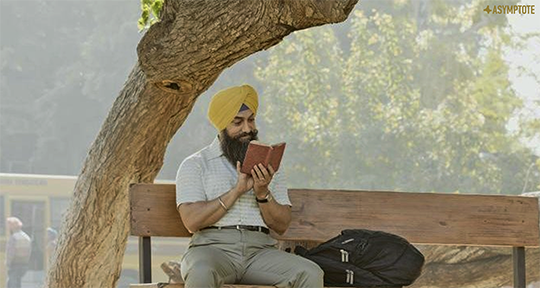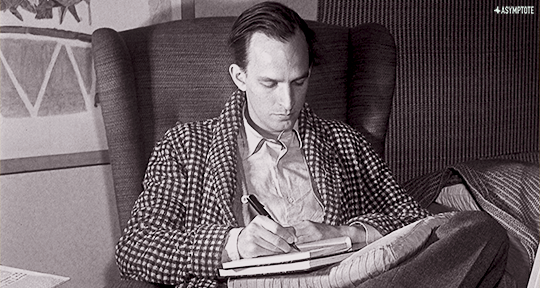Translators tend to like puzzles. Problem solving between languages is the definition of the trade, but what of the deeper, more invisible quandaries of culture and context? In this essay, Sam Bowden takes a look at two works that seem inextricable from the cultures of their origin—Lin-Manuel Miranda’s musical Hamilton and Rober Zemeckis’s 1994 dramedy, Forrest Gump—as well as their respective international adaptations into German and Hindi, to investigate the various methodologies and techniques utilized in fitting these quintessentially US productions for new audiences.
One of the translator’s greatest challenges lies at a level deeper than language: instead, it is rooted in the countless cultural and historical contexts which consciously and unconsciously inform a given work. Since language is inextricable from the culture and history within which it is made, translational processes often prove more complex than simply replacing words, rhymes, characters, and themes. Source-cultural conditions and consciousnesses can shape a text in structurally embedded ways that go far beyond its linguistic surface.
Speaking from the United States, I am well aware of the extent to which my country’s culture and history—one could even call it mythology—have deeply shaped the literary narratives it produces and exports on a massive scale. When American stories circulate through the world-system, the result can be curious to study: these are narratives visibly shaped by a suddenly-invisible context. How do translators maneuver around this? READ MORE…


